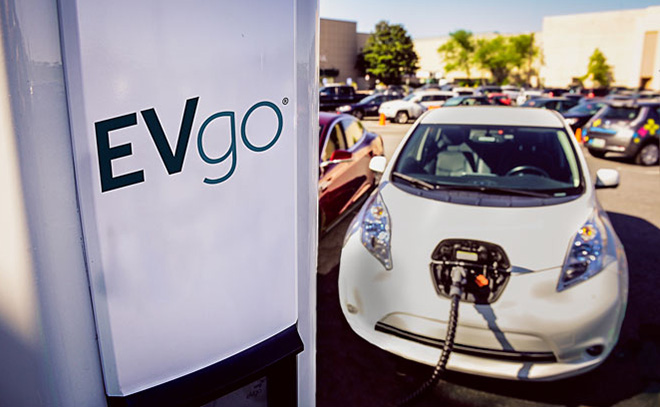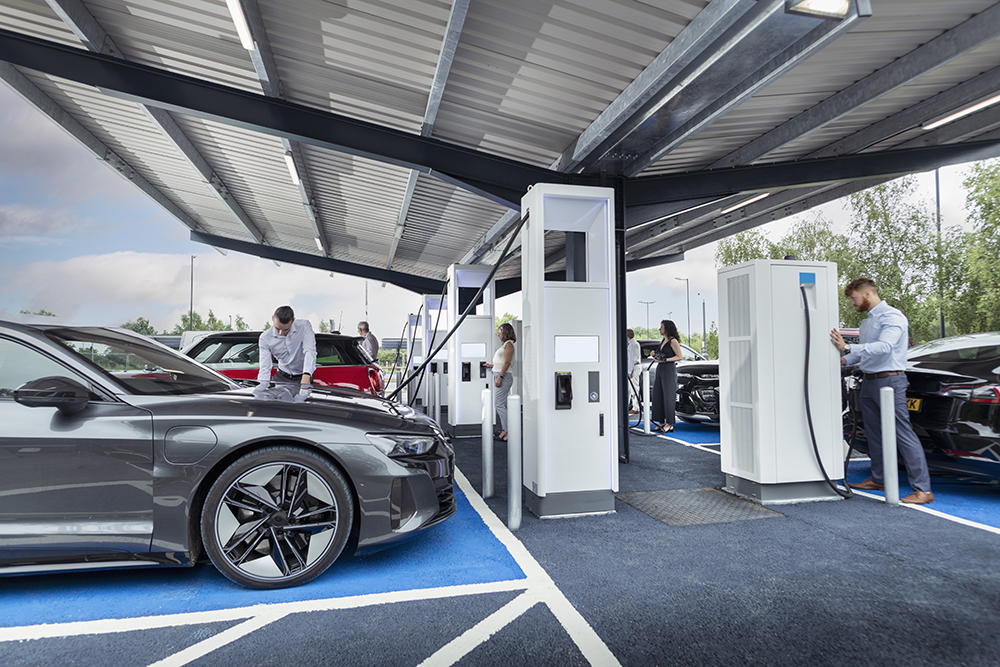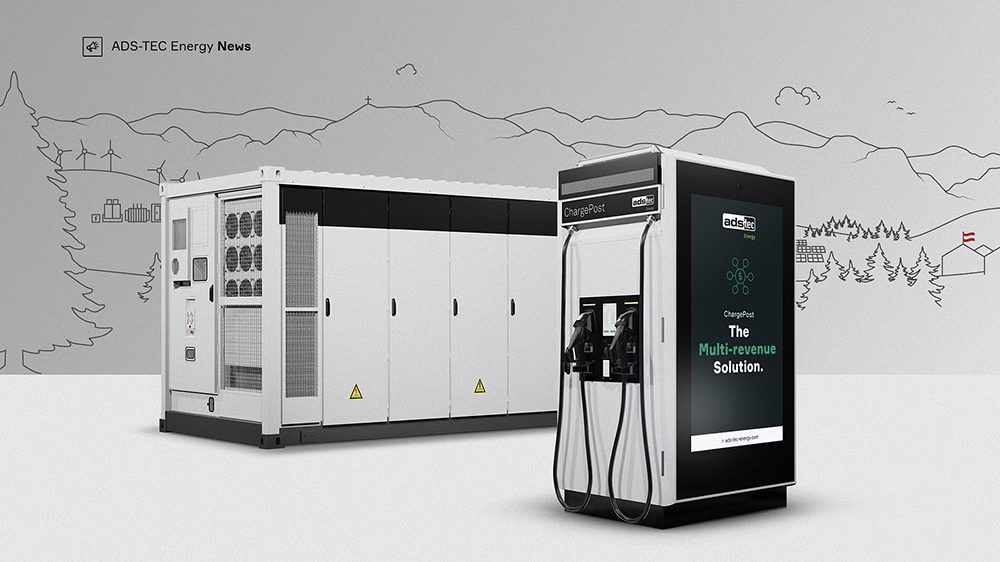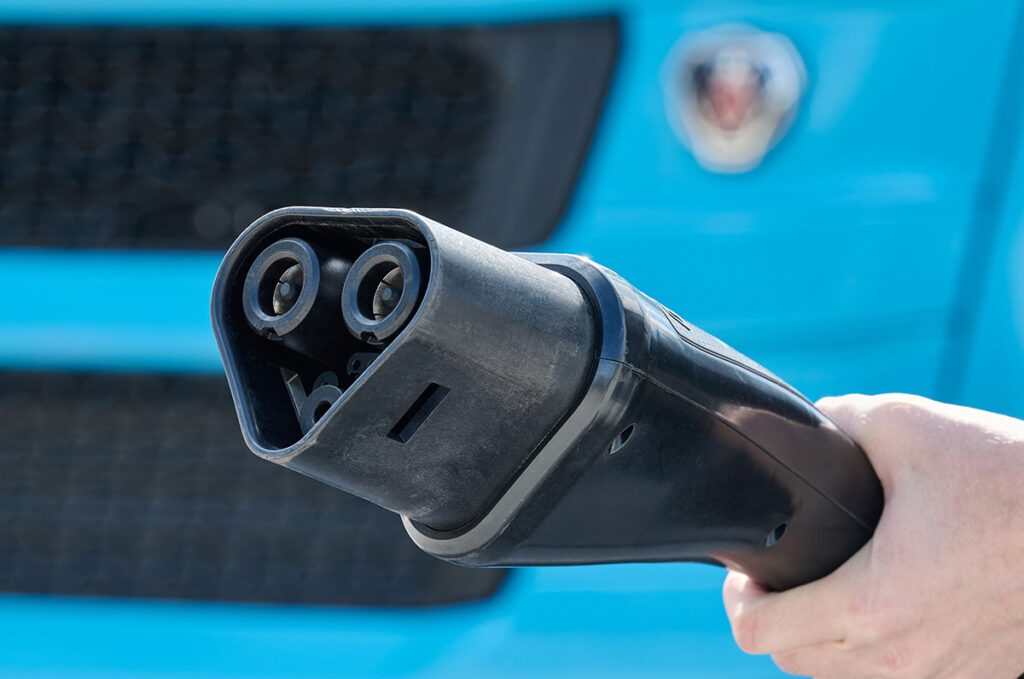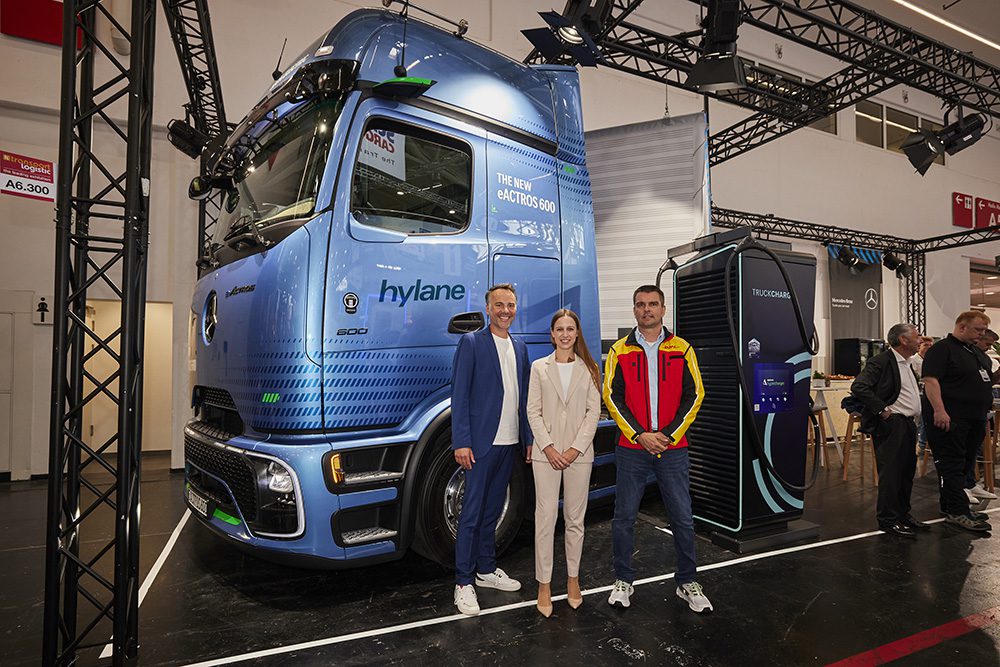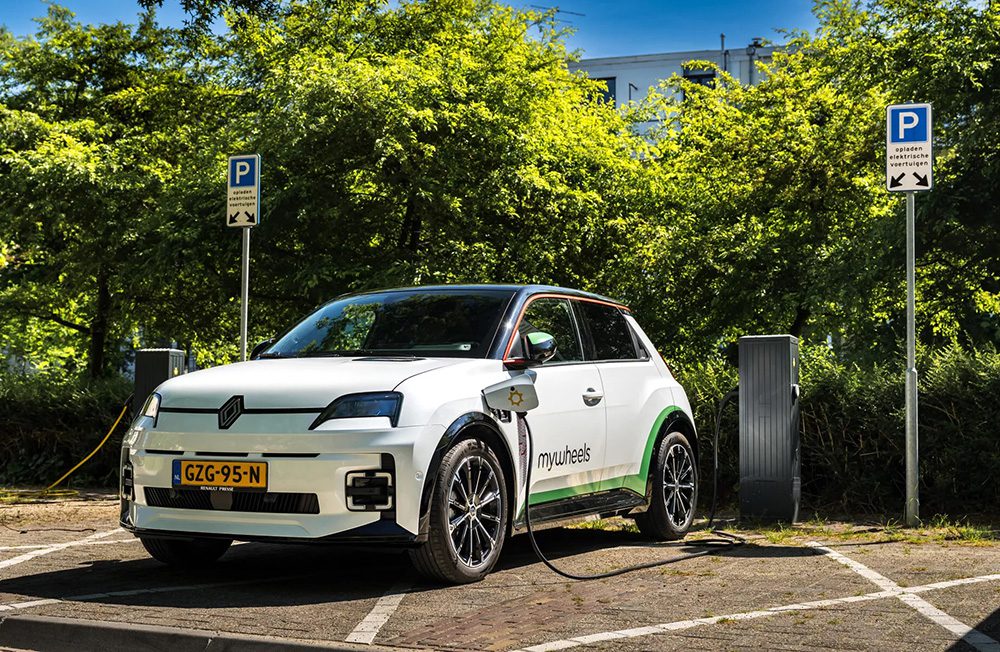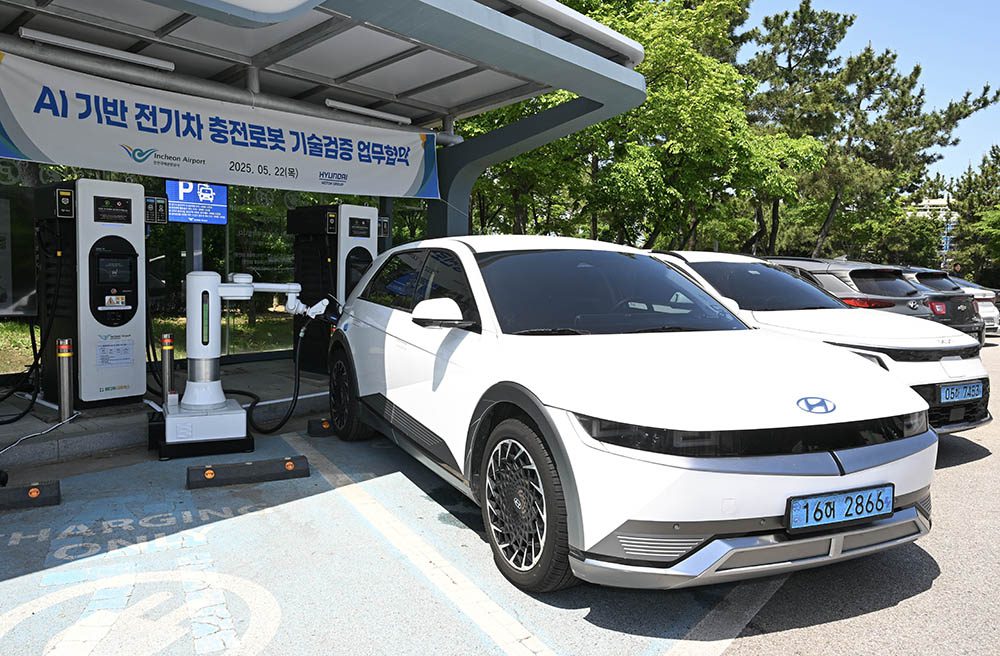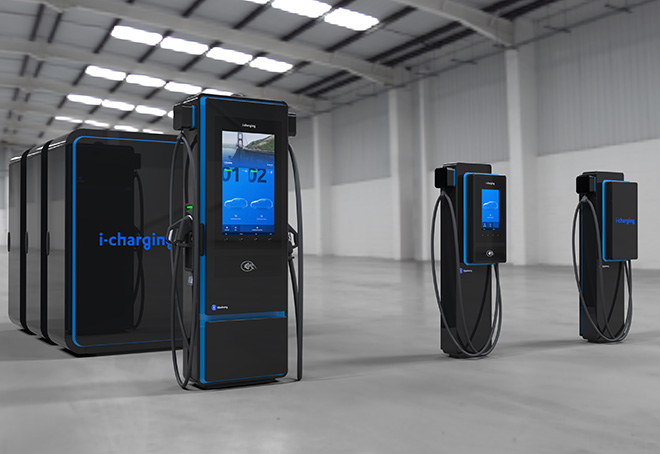Network operator EVgo and the Rocky Mountain Institute (RMI) have released a report regarding the future of utility rates for DC fast chargers. The new report, “EVgo Fleet and Tariff Analysis,” finds that public fast-charging infrastructure is critical to EV deployment; however, California state legislators and regulators must make adjustments to allow for more cost-effective fast-charging services.
RMI’s study found that, under certain electricity tariffs, demand charges can make up as much as 90 percent of a charging station owner’s monthly bill, driving the cost of electricity as high as $1.96/kWh. This is nearly seven times as high as the gasoline equivalent cost of $0.29/kWh.
To promote a competitive business environment for public fast charging stations, the report recommends the following approaches:
- Low fixed charges, covering items such as maintenance and billing.
- The opportunity to earn credit for providing grid services, perhaps along the lines of solar net metering.
- Rates that vary by location – for example, offering low rates for fast chargers installed in overbuilt and underutilized areas of the grid.
- Limited or no demand charges. If demand charges are necessary, it’s essential that they do not capture upstream costs of distribution circuits, transmission or generation.
- Time-varying volumetric rates, such as those proposed for San Diego Gas & Electric’s Public Charging Grid Integration Rate (GIR). These volumetric charges would recover most of the cost of providing energy and system capacity.
According to RMI, implementing these policies could reduce costs for charging operators, allowing them to sell power to end users for $0.09/mile or less.
“As EV adoption increases, it’s important that drivers have access to affordable charging options outside their homes,” said EVgo VP Terry O’Day. “Public fast charging is critical to EV deployment, and the more chargers installed will affect the amount of EVs deployed, which, in turn, will drive utilization and revenue.”
“As more and more Californians embrace the many benefits of EVs, now is the time for California to ensure that the support infrastructure for EVs keeps pace,” said Jeruld Weiland, a Managing Director at RMI. “We hope this research helps inform California’s electricity-sector stakeholders on constructive approaches to best position the state to meet its carbon-reduction goals.”
Source: EVgo






